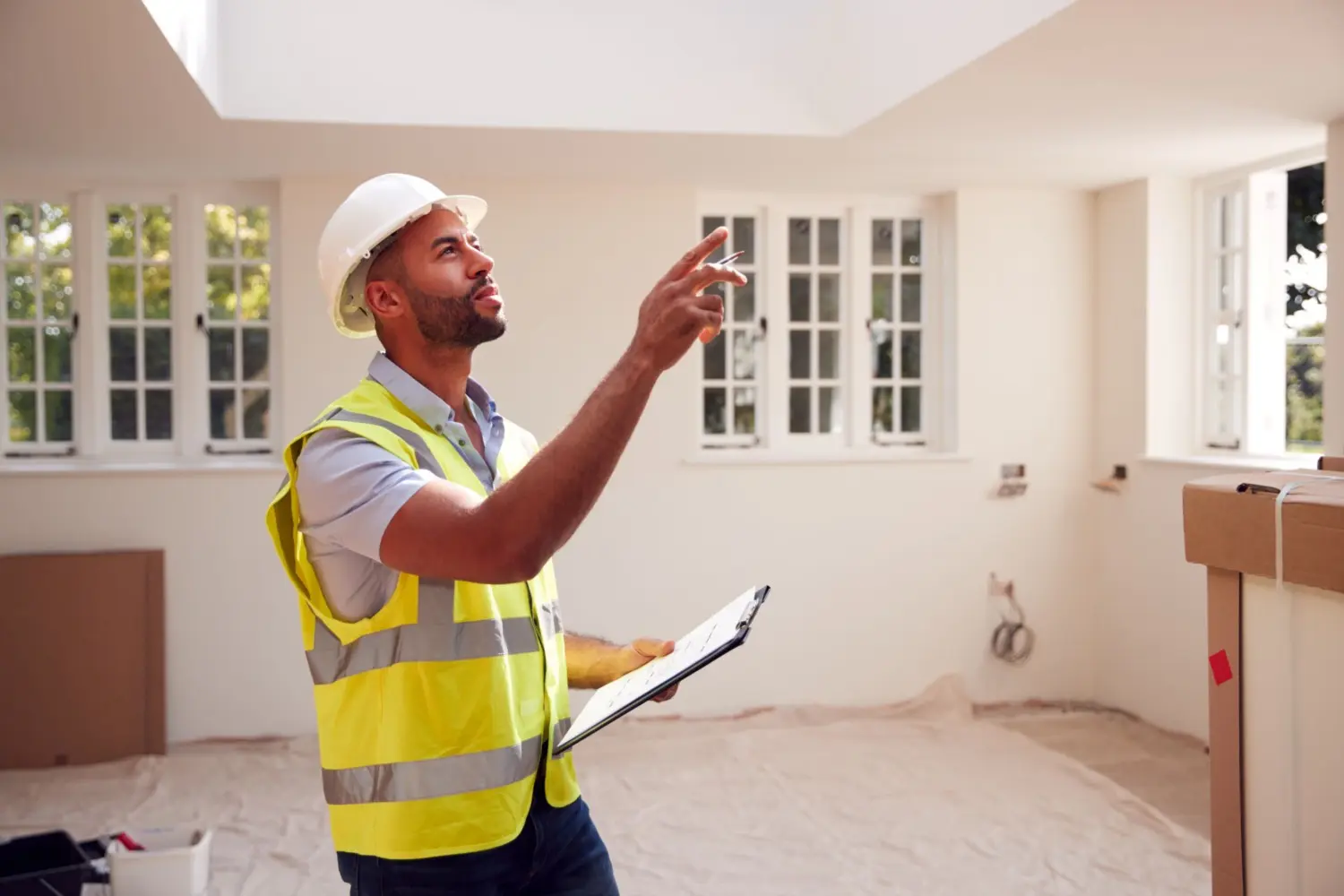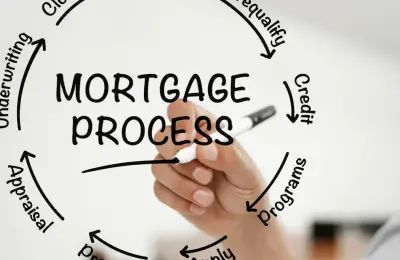Discover Your Dream Home with Our Latest Listings and Personalized Services!
Take Advantage of Limited-Time Offers on Luxury Homes with Stunning Features!
Join Us for Exclusive Open House Events This Weekend and Find Your Perfect Home!
Explore Our Exciting New Property Listings Now Available in Prime Locations!
Home Inspection: What to Expect and How to Prepare

A home inspection is a vital part of the home-buying journey, offering insights into the condition of the property and uncovering any potential issues. Whether you're purchasing your first home, looking into rental properties, or seeking the best way to invest in real estate, understanding the home inspection process is crucial. Here's a detailed guide to ensure you're well-prepared.

What is a Home Inspection?
A home inspection involves a licensed professional evaluating the property’s key systems and structures. These typically include:
- Roof: Assessing shingles, gutters, and potential leaks.
- Foundation: Checking for cracks or shifts indicating structural issues.
- Plumbing and Electrical Systems: Evaluating pipes, water pressure, outlets, and wiring.
- HVAC Systems: Ensuring heating and cooling systems are functional.
- Interior and Exterior: Looking for damage, mold, or pest infestations.
This process typically lasts 2–4 hours, depending on the property's size and complexity
Why is a Home Inspection Important?
A home inspection provides:
- Peace of Mind: Know that the property is safe and sound.
- Negotiation Leverage: Use the inspection report to request repairs or negotiate the sale price, especially if seller financing is involved.
- Cost Avoidance: Avoid surprises like a leaking roof or outdated electrical systems after closing.

Preparing for a Home Inspection
- Schedule Promptly: Once your offer is accepted, book the inspection early to leave time for addressing issues, especially if you are considering owner financing homes for sale.
- Be Present: While optional, attending the inspection allows you to ask questions and see potential problems firsthand.
- Ensure Accessibility: Clear paths to areas like the attic, crawl spaces, and electrical panels.

Post-Inspection Steps
Depending on the findings, you have options:
- Negotiate Repairs: Request that the seller addresses major issues before closing, particularly if you're using seller financing.
- Renegotiate Costs: Use the report to negotiate a price reduction or seller concessions to offset repair costs.
- Reconsider the Purchase: If the issues are too significant, use the inspection contingency to withdraw from the deal without penalty.
Common Issues Found in Inspections
Be prepared for these frequent findings:
- Roof Problems: Missing shingles or signs of water damage.
- Plumbing Leaks: Corroded or clogged pipes.
- Outdated Wiring: Electrical systems that don’t meet current safety standards.
- HVAC Failures: Malfunctioning heating or cooling systems.
- Water Damage: Stains, mold, or dampness in walls or basements.

Financing Considerations for Homebuyers
Inspection results can influence your financing approach. Here’s how:
- Conventional Loans and PMI: If you’re subject to paying PMI (private mortgage insurance), a clean inspection report can support your mortgage terms.
- Loan Amount and Interest Rates: Major issues uncovered might require reassessing your loan amount or opting for an FHA loan with specific repair contingencies.
- Fixed Rate vs. ARM Loans: Determine whether a fixed rate mortgage or an adjustable-rate mortgage (ARM loan) fits your needs, especially if repairs might alter your budget.
Protecting Your Investment
Investing in property often involves:
- Property Management: For rental properties, plan for ongoing maintenance and tenant issues. Proper property management can ensure consistent cash flow and long-term value.
- Equity Building: A well-maintained home grows your equity in your home faster, whether it’s your primary residence or an investment.
- Cash Flow Benefits: Rental income helps cover monthly payments, boosting your overall cash flow, especially if you’re buying properties through land contracts.
A thorough home inspection is one of the best ways to invest in real estate wisely. By understanding what to expect and leveraging the findings, you can negotiate effectively and secure a sound property for your personal or investment goals. Whether you’re exploring short-term investments, traditional mortgages, land contracts, or subject to deals real estate, being informed ensures your real estate journey is smooth and successful.
News insight
 Dec 15, 2024
Dec 15, 2024How Does Creative Financing Work in Real Estate? A Simple Guide for Buyers and Sellers
Buying a home without a large down payment is possible through creative financing options like "Subj...
 Dec 15, 2024
Dec 15, 2024Buying a Home with No Money Down: Exploring Your Options
Creative financing offers a way to buy a home with no money down, eliminating the need for a large u...
 Dec 13, 2024
Dec 13, 2024How to Navigate the Mortgage Process
Navigating the mortgage process involves assessing your finances (credit score, income, down payment...

